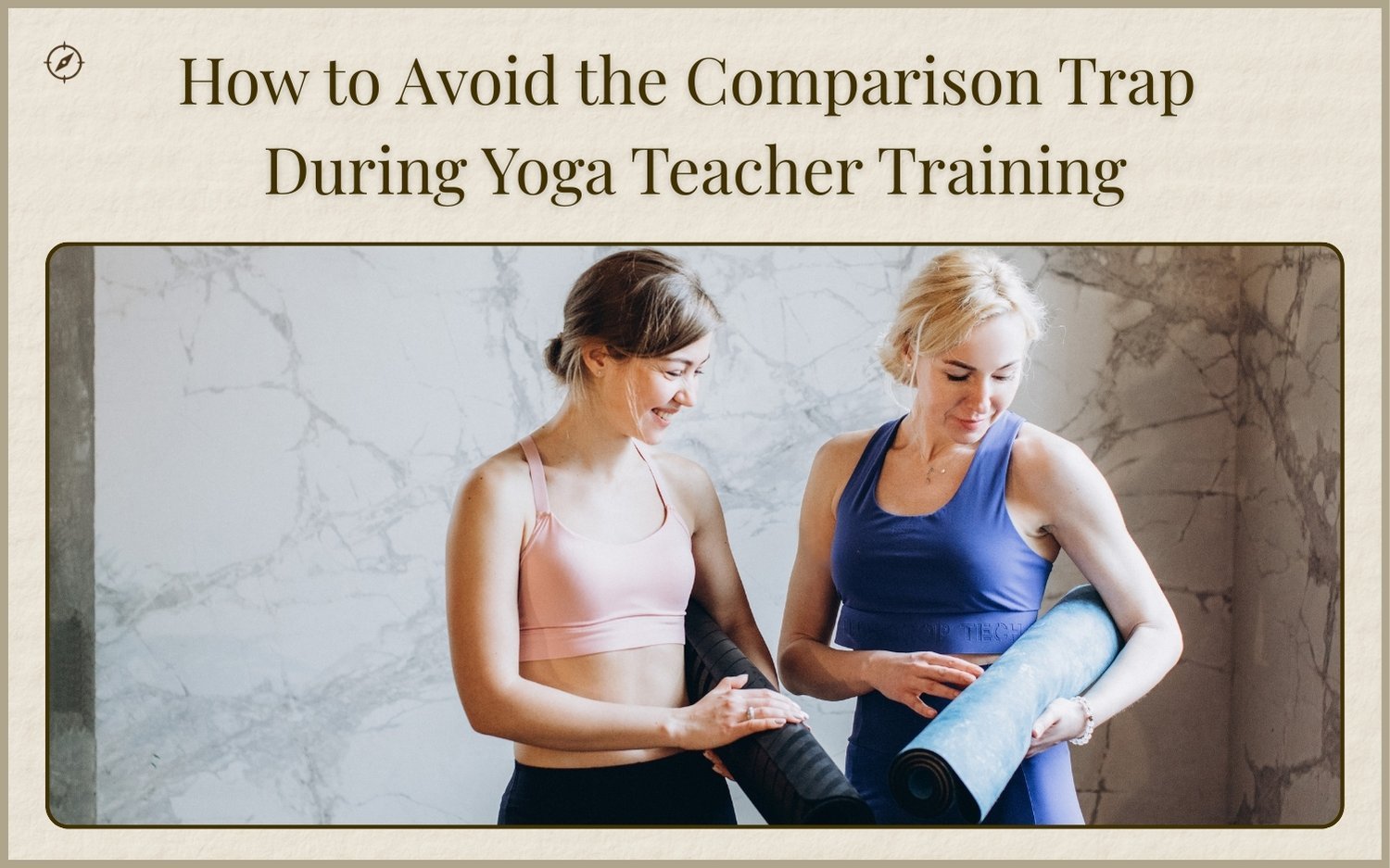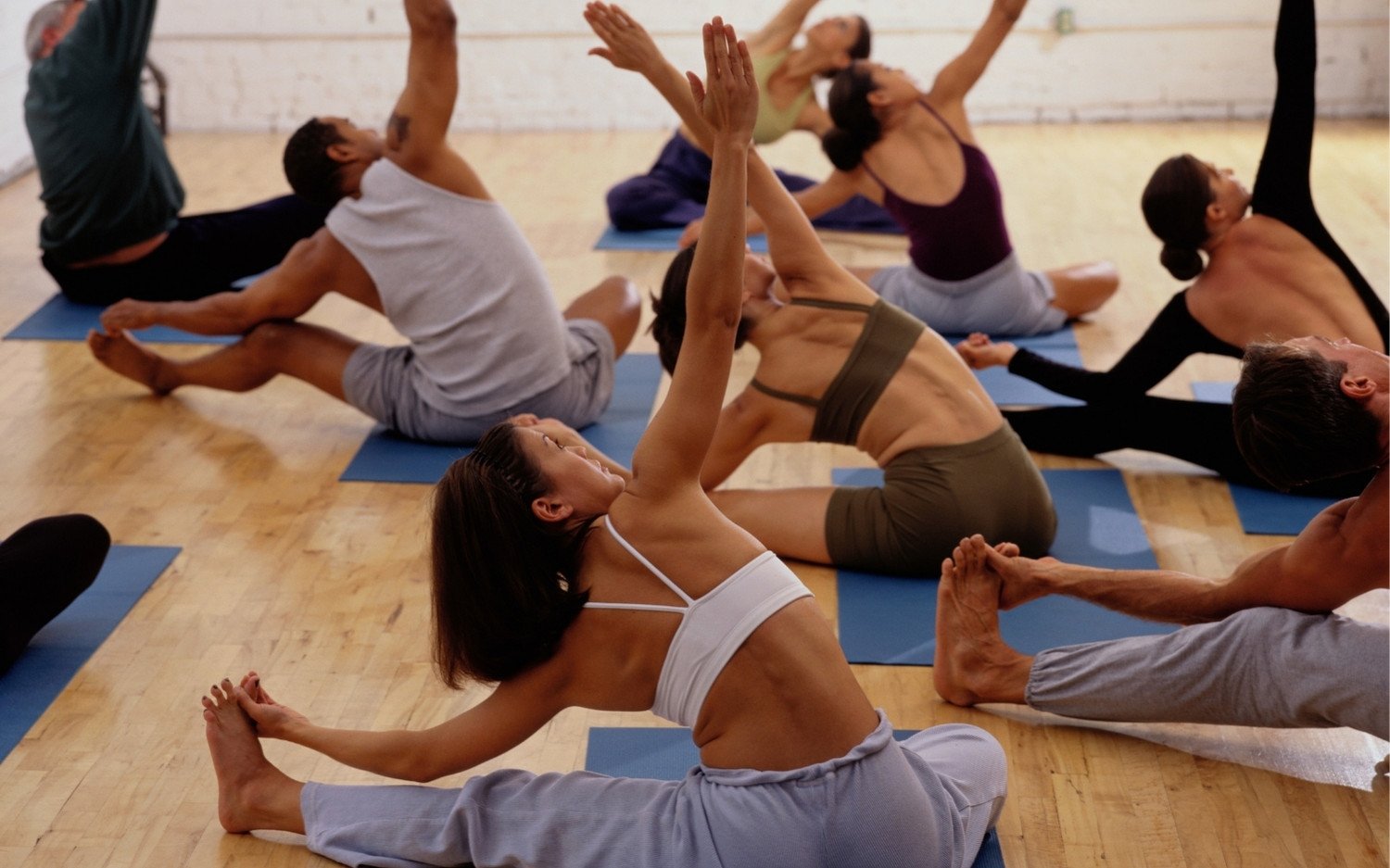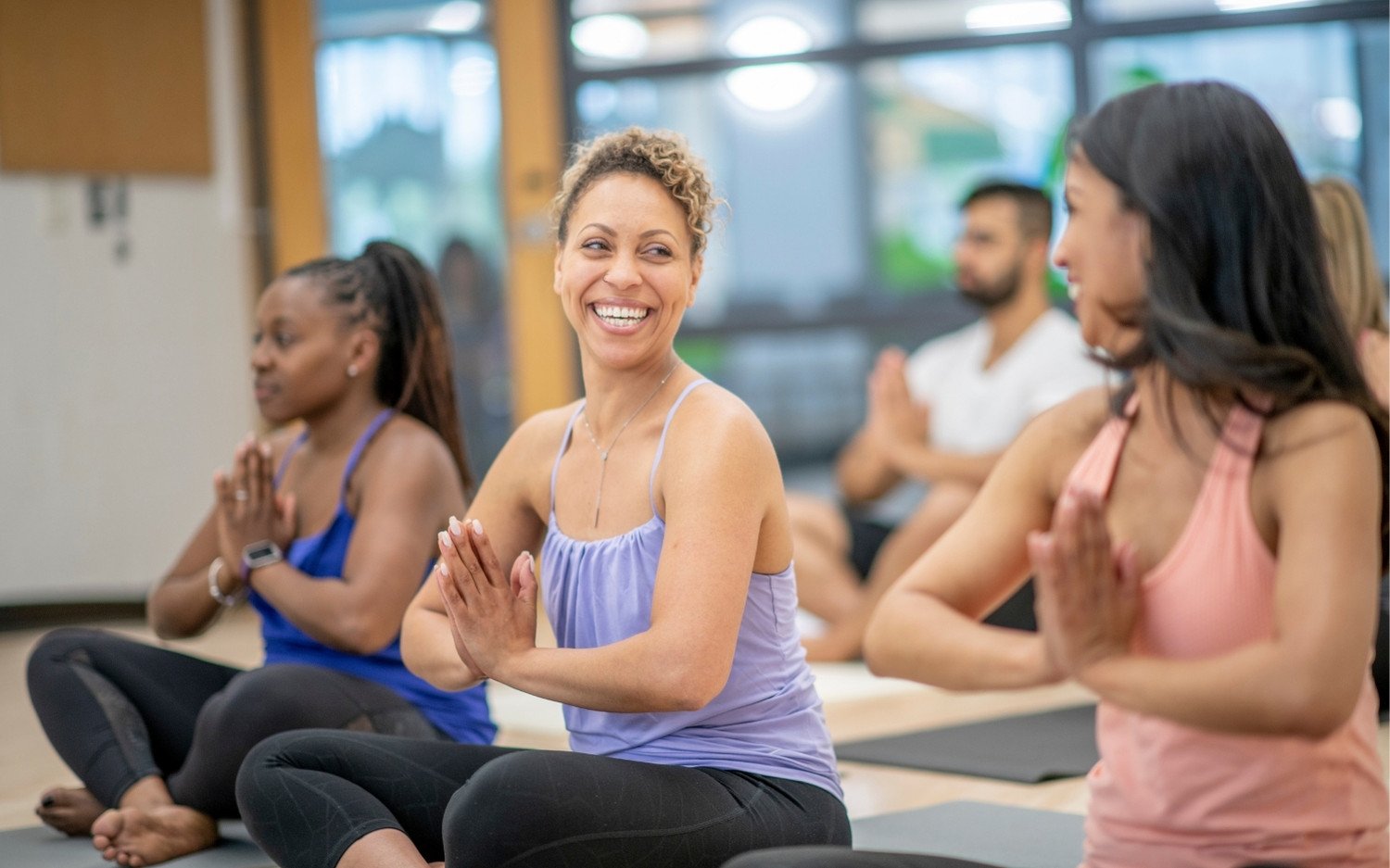How to Avoid the Comparison Trap During Yoga Teacher Training

Yoga teacher training is an exciting and transformative journey, but it is also an environment where comparison can creep in. Surrounded by other trainees with different strengths, flexibility levels, or teaching skills, it is easy to fall into the trap of measuring your progress against theirs. The comparison trap can quietly drain your confidence, distract you from your own growth, and even lead to burnout.
The truth is that teacher training is not a competition, it’s a personal journey of learning, practice, and self-discovery. By recognizing when comparison starts to take over and having strategies to redirect your focus, you can make your experience far more enriching and enjoyable.
This article is part of The Ultimate Guide to Yoga Teacher Training: Challenges and How to Overcome Them
If you haven’t read the main guide yet, start there to explore all 15 topics and get the complete picture for your YTT journey.
Focus on Your Unique Strengths
One of the best ways to sidestep comparison is to get clear on what makes your yoga journey unique.
Ask yourself:
- What drew me to yoga in the first place?
- Which parts of training excite me the most?
- What personal qualities or life experiences do I bring to my future teaching?
When you define your own strengths — whether it is patience, creativity, humor, or a deep interest in anatomy — you stop trying to mirror others and instead lean into your authentic teaching style. Remember, the qualities that make you different are the ones that will make your classes memorable.
Set Personal Intentions
Your reasons for starting yoga teacher training are the anchor that will keep you grounded when comparison sneaks in. Whether your goal is to deepen your practice, improve your physical health, or learn to share yoga with others, keep those intentions front and center.
Consider writing them down at the start of training and revisiting them weekly. A simple journal entry or sticky note in your mat bag can serve as a reminder that your progress is measured against your own goals, not anyone else’s.
Maintain an Inward Focus

Mindfulness techniques can help keep your attention where it belongs: on your own body and breath. During asana practice, choose a drishti (gazing point) and stay present with each movement. When thoughts drift toward what the person next to you is doing, gently redirect your awareness inward.
This practice not only reduces comparison but also strengthens your concentration, which is a valuable skill for teaching.
Cultivate Self-Compassion
Self-compassion is your best defense against the inner critic that feeds on comparison. When you notice yourself judging your performance, pause and reframe your thoughts.
Instead of thinking, They’re so much better than me, try, I’m making steady progress in my own way.
Incorporate ahimsa (non-harming) into your self-talk, treating yourself with the same kindness and patience you would offer a friend or student.
Embrace Your Journey
No two yoga teachers will ever teach the same way, and that is a good thing. Your background, personality, and body type shape how you learn and teach. By honoring your personal path, you can let go of the need to measure your practice against others.
Consider keeping a gratitude list of what you are learning and the progress you are making. This keeps your perspective positive and future-focused.
Build a Supportive Community

The people you surround yourself with during training will influence your experience. Seek out classmates and mentors who encourage and uplift you. Avoid gossip and competitive comparisons and instead celebrate each other’s breakthroughs.
Even a small group of supportive peers can make a big difference in how you feel during the more challenging parts of training.
Release Expectations and Celebrate Wins
Rigid expectations about how your practice should look, how quickly you should progress, or how you should teach, can fuel comparison and frustration. Instead, notice the small victories: nailing a challenging pose, finding calm in a difficult moment, or giving a cue that resonates with a classmate.
By celebrating these wins, you shift your focus from what you lack to what you have accomplished.
Final Thoughts
Comparison is a natural tendency, but it can be managed with awareness and intentional action. By focusing on your unique strengths, staying rooted in your intentions, and practicing self-compassion, you can protect your confidence and enjoy a richer, more authentic teacher training experience.
You may also like How to Overcome Stage Fright as a Yoga Teacher for more tips on building confidence during training.
